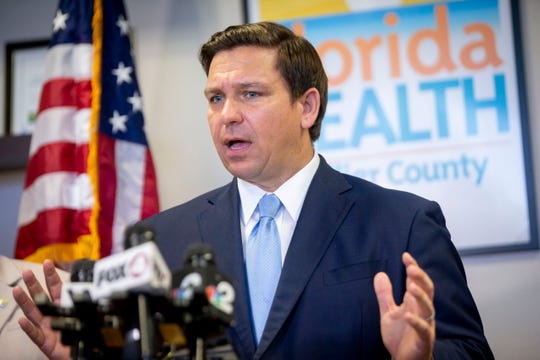By Moris & Associates
Force majeure excuses contractual nonperformance, when unforeseen events beyond the control of both parties either make contract performance impracticable or frustrate the purpose of the performance.
Does COVID-19 qualify as a Force Majeure Event?
WHO declared COVID-19, aka Coronavirus, a pandemic. Therefore, if the force majeure clause stipulates specific events such as epidemics, quarantine, biological contamination or other public health emergency, Coronavirus is very likely to fall under this definition.
In the aftermath of the 2003 SARS outbreak, courts in the PRC held that the outbreak was in the category of an epidemic for the purposes of force majeure, although that interpretation was not applied consistently elsewhere.
If the force majeure clause is silent on pandemics, Coronavirus will not automatically constitute a force majeure. However, given that government announced restrictions on travel, movement, and large gatherings, another possible argument is “acts of government.”
For example, some restaurants and bars, which are shutdown as a result of a government order might be able to invoke force majeure clause to withhold rent.
Do all commercial leases contain a force majeure clause?
No. Not all leases contain a force majeure clause.
The best course of action is to have a lawyer review your lease to determine whether it contains a force majeure provision.
What if the contract doesn’t have force majeure clause?
If you cannot find force majeure clause in your contract, you still can rely on the common law defenses:
- Impossibility: performance is no longer objectively possible because of a supervening event.
- Impracticability.
- Frustration of purpose.
If you need an assessment of your lease, Moris & Associates is offering a free review of your commercial lease for Members of the Italy America Chamber of Commerce.






















